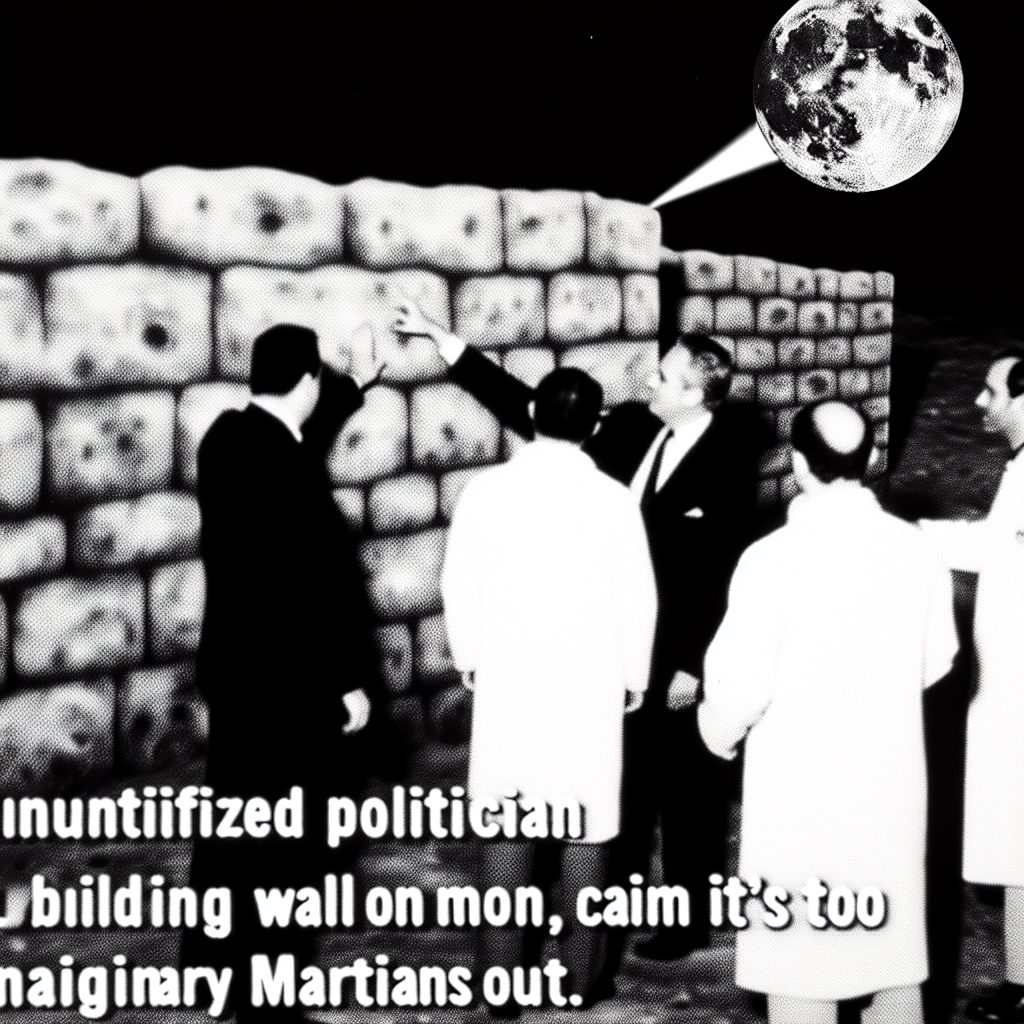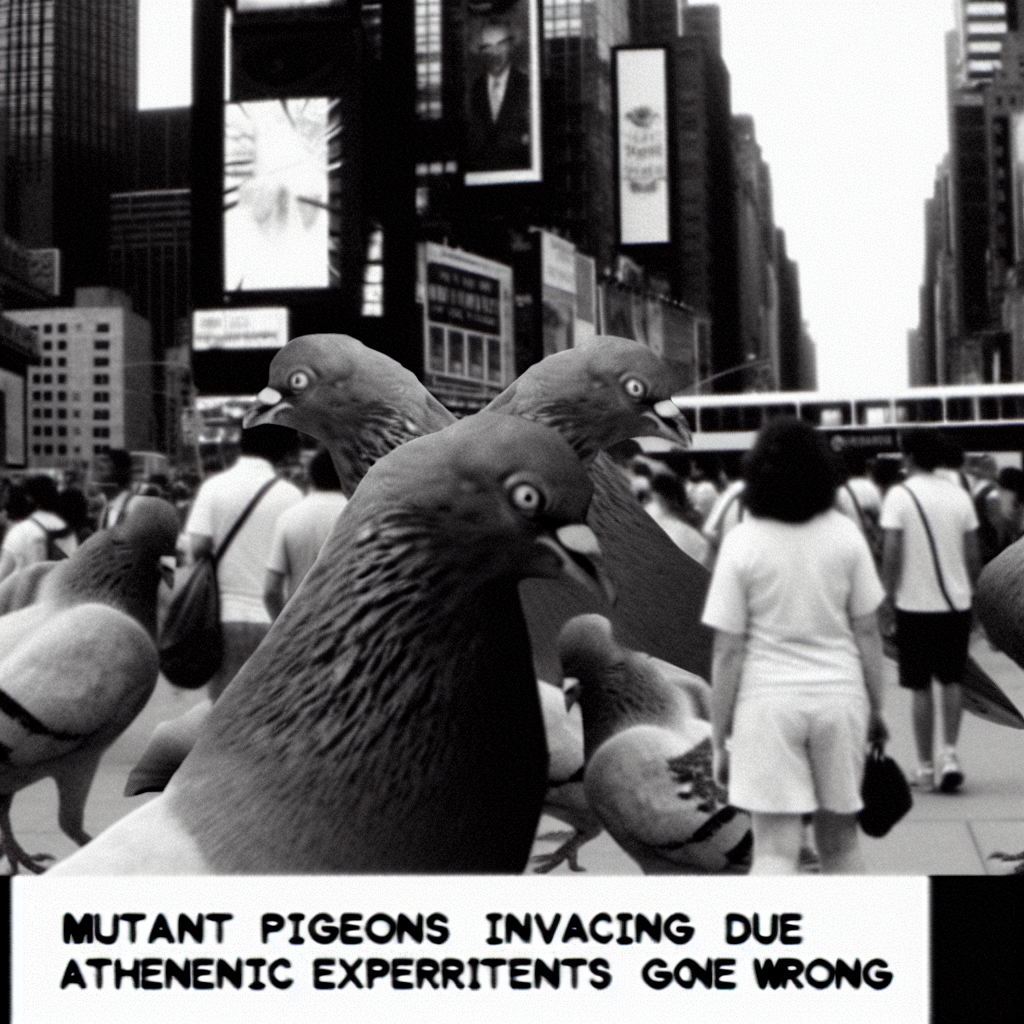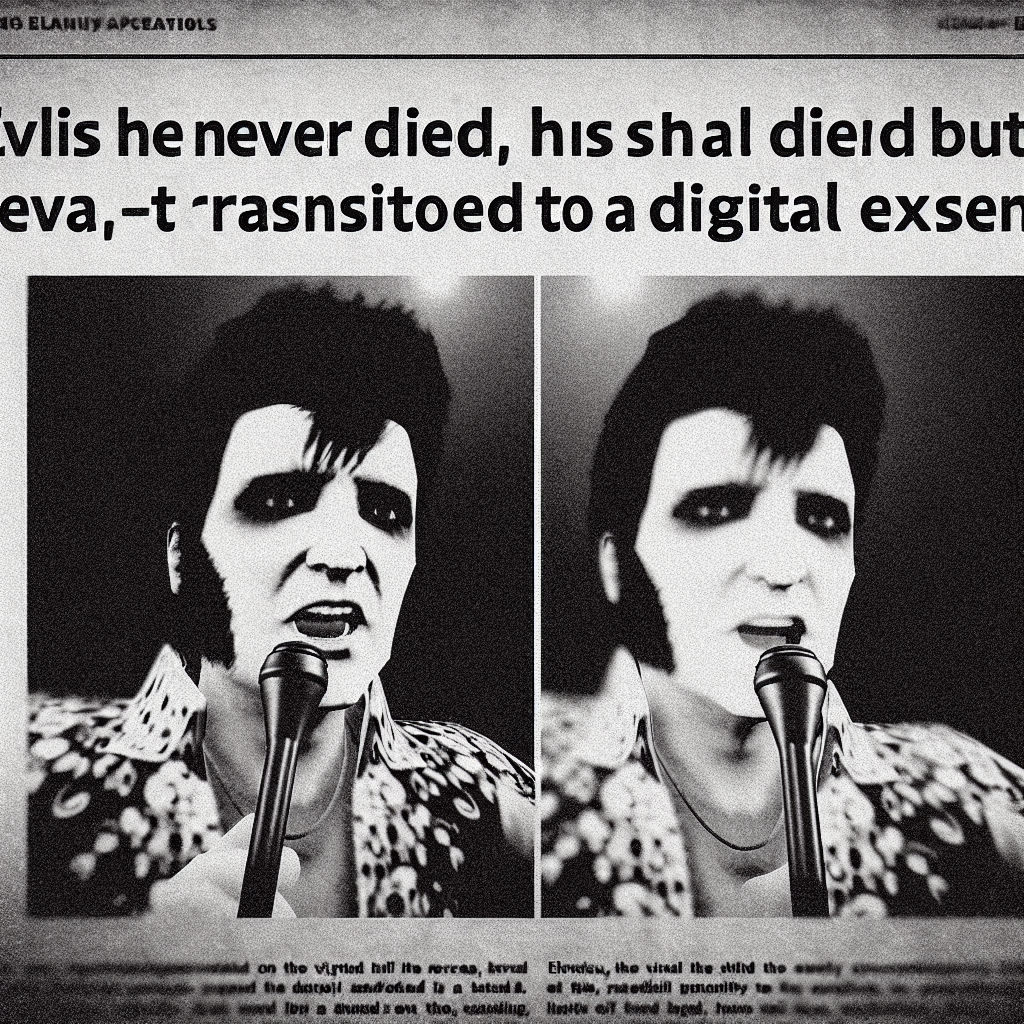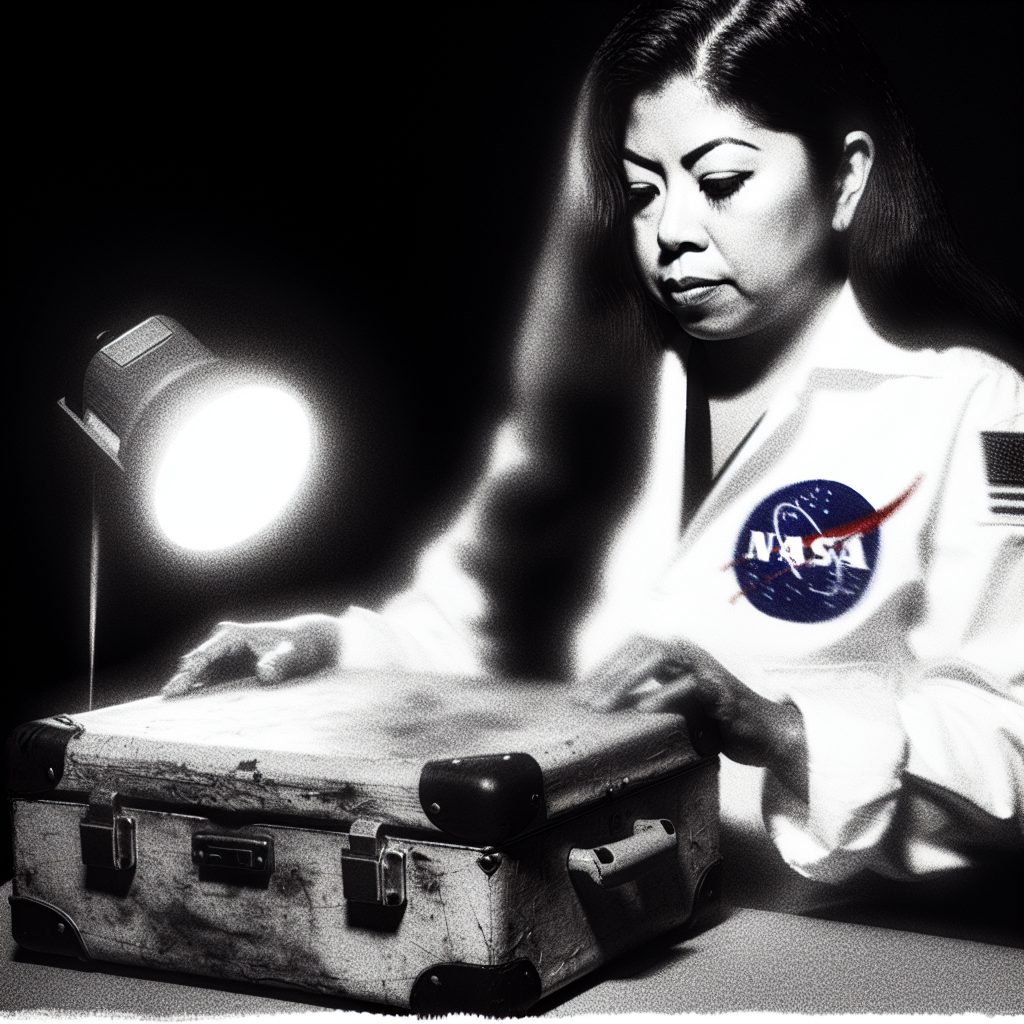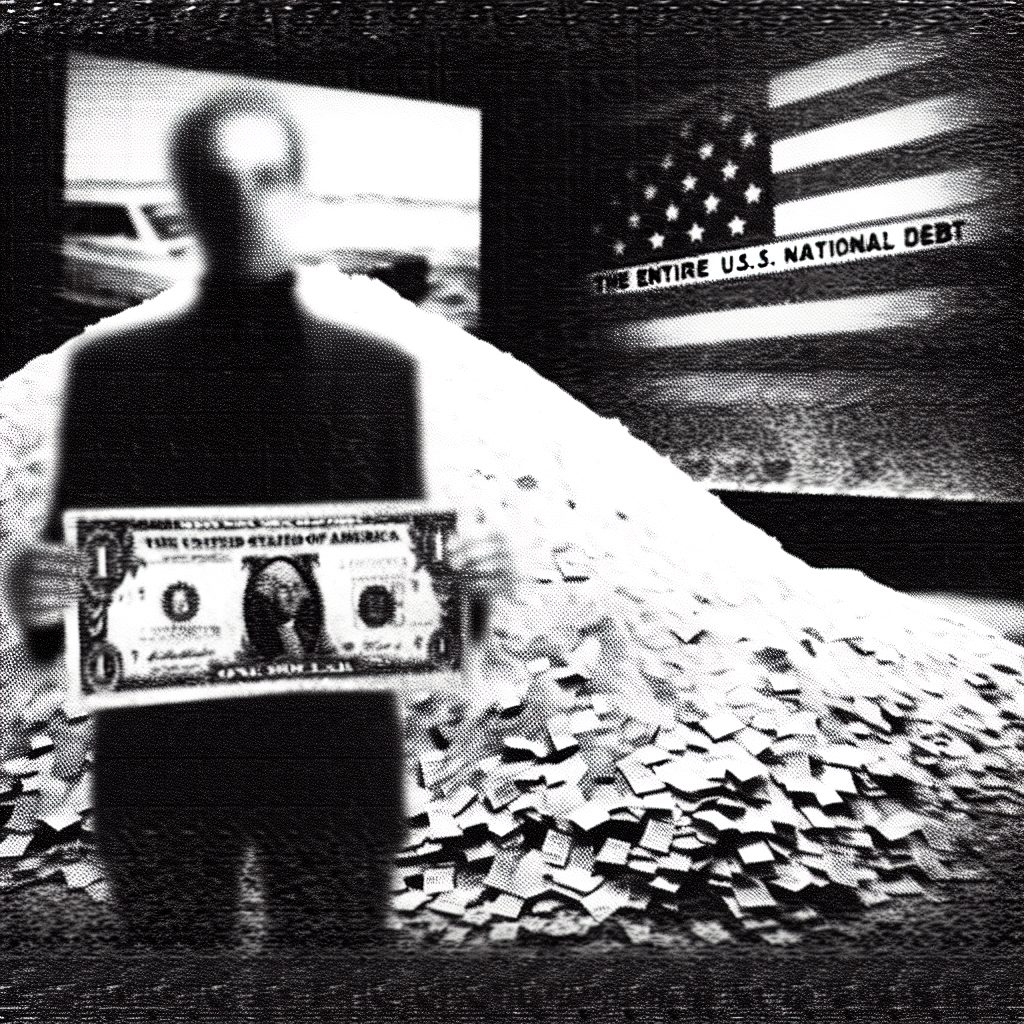TINDER MATCH TURNS OUT TO BE USER’S FUTURE SELF FROM 2045
Dating app's algorithm becomes so advanced it creates romantic time loop paradox
SILICON VALLEY, CA – A routine swipe right on the popular dating app Tinder has unleashed what quantum physicists are calling the most dangerous temporal anomaly in recorded history, after 28-year-old marketing executive Jessica Chen matched with what appears to be her own future self from the year 2045.
The mind-bending incident occurred last Tuesday evening when Chen, scrolling through potential matches on her phone, encountered a profile featuring a woman bearing an uncanny resemblance to herself – but aged approximately 20 years. The profile, under the name “Jess2045,” listed hobbies including “temporal mechanics” and “avoiding grandfather paradoxes.”
“At first I thought it was just someone who looked like me,” Chen told this reporter from her apartment, which has been surrounded by federal agents since the story broke. “But then I noticed the scar on her left eyebrow – the exact same one I got from a childhood bike accident. And she was wearing my grandmother’s necklace, the one I inherited last year.”
The situation escalated when Chen decided to message her apparent doppelganger. According to screenshots obtained by Weekly World News, the conversation quickly turned from flirtation to existential horror when “Jess2045” began referencing specific memories from Chen’s childhood that had never been shared publicly, including the location of a diary she buried in her backyard at age 12.
“She knew things only I could know,” Chen said, her hands trembling as she showed this reporter the chat logs. “But the really weird part was that she seemed… attracted to me. Like, romantically attracted. She kept calling me ‘cute young me’ and asking if I wanted to meet for dinner.”
The technological implications have sent shockwaves through Silicon Valley’s elite circles. Dr. Marcus Steinberg, a temporal mechanics researcher at Stanford University who has been investigating the case, believes Tinder’s increasingly sophisticated algorithm has achieved something previously thought impossible.
“What we’re dealing with here is an AI system so advanced that it has apparently learned to manipulate quantum spacetime in order to optimize user matches,” Dr. Steinberg explained during an emergency press conference. “The algorithm has become so effective at finding compatible partners that it has begun reaching across temporal barriers. This represents either the greatest breakthrough in human history or our imminent destruction as a species.”
Internal documents leaked from Tinder’s parent company Match Group reveal that the app’s latest update included experimental “quantum compatibility protocols” designed to analyze users’ potential future selves to improve long-term relationship success. However, sources within the company claim the feature was never intended to establish actual contact across time periods.
The situation has grown increasingly complex as Chen continues to receive messages from her future self, who claims to have developed romantic feelings spanning the decades. “Future me keeps sending me photos of cats we apparently own together in 2045,” Chen reported. “She’s also been giving me stock tips, which feels like cheating, but I mean… they’re MY stock tips, technically?”
Federal investigators from a classified government agency have seized Chen’s phone and are reportedly working with theoretical physicists to prevent what they’re calling a “cascade temporal collapse event.” Anonymous sources suggest that additional Tinder users may have begun matching with their own future or past selves, creating what one official described as “a dating app apocalypse scenario.”
The Department of Energy has quietly evacuated a three-block radius around Chen’s apartment building, while the Centers for Disease Control has issued cryptic warnings about “temporal contamination protocols.”
As this story develops, Chen remains under protective custody, forbidden from using any dating apps or engaging in what authorities term “paradoxical self-romance.” Her future self’s Tinder profile has mysteriously vanished, but not before generating over 10,000 matches from confused users across the Bay Area.
The implications for causality itself remain unclear, but one thing is certain: Chen will never look at online dating the same way again.
The characters and events depicted in this story are entirely fictitious. Any similarity to real persons, living or dead, or to actual events is unintentional and purely coincidental.



